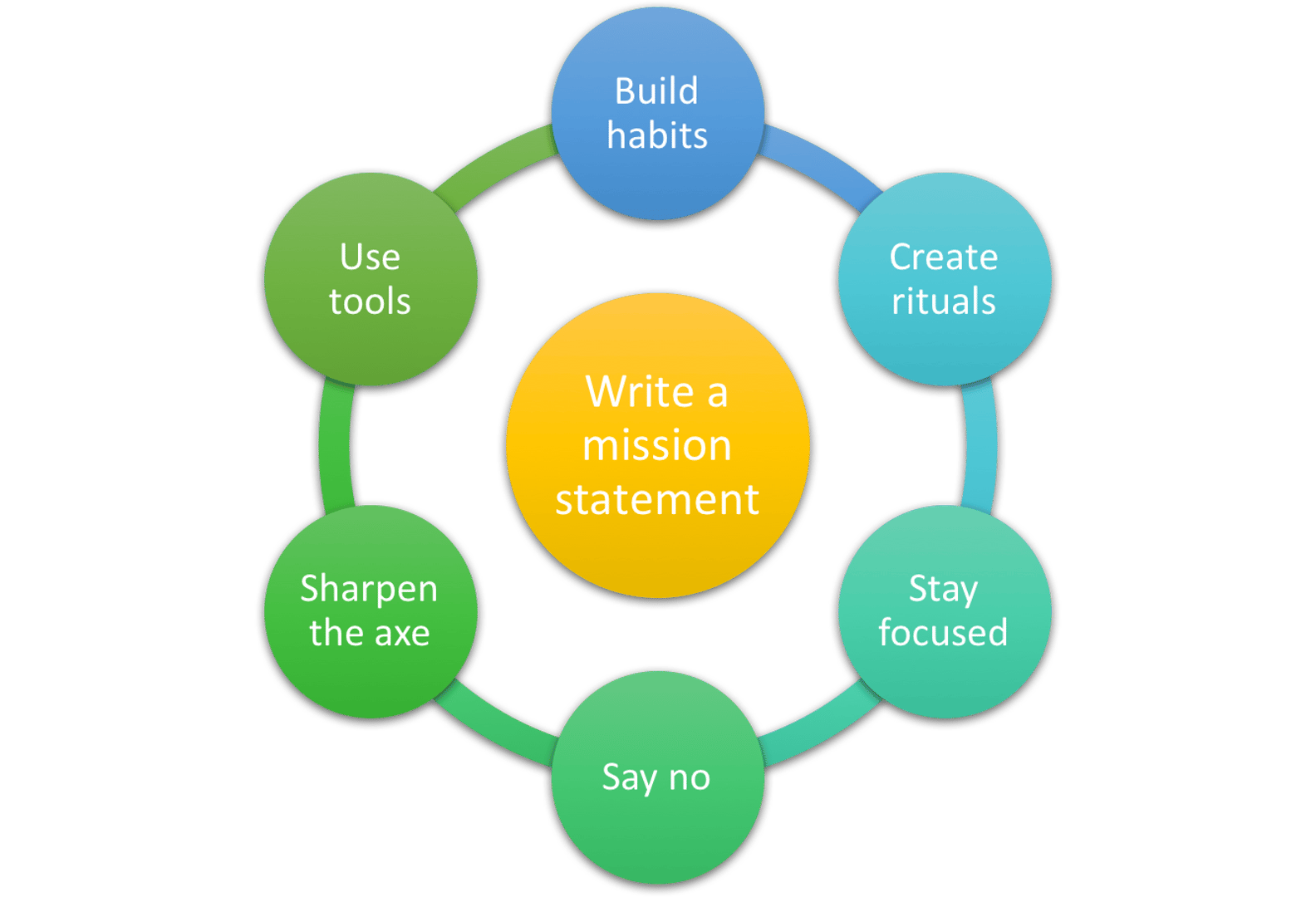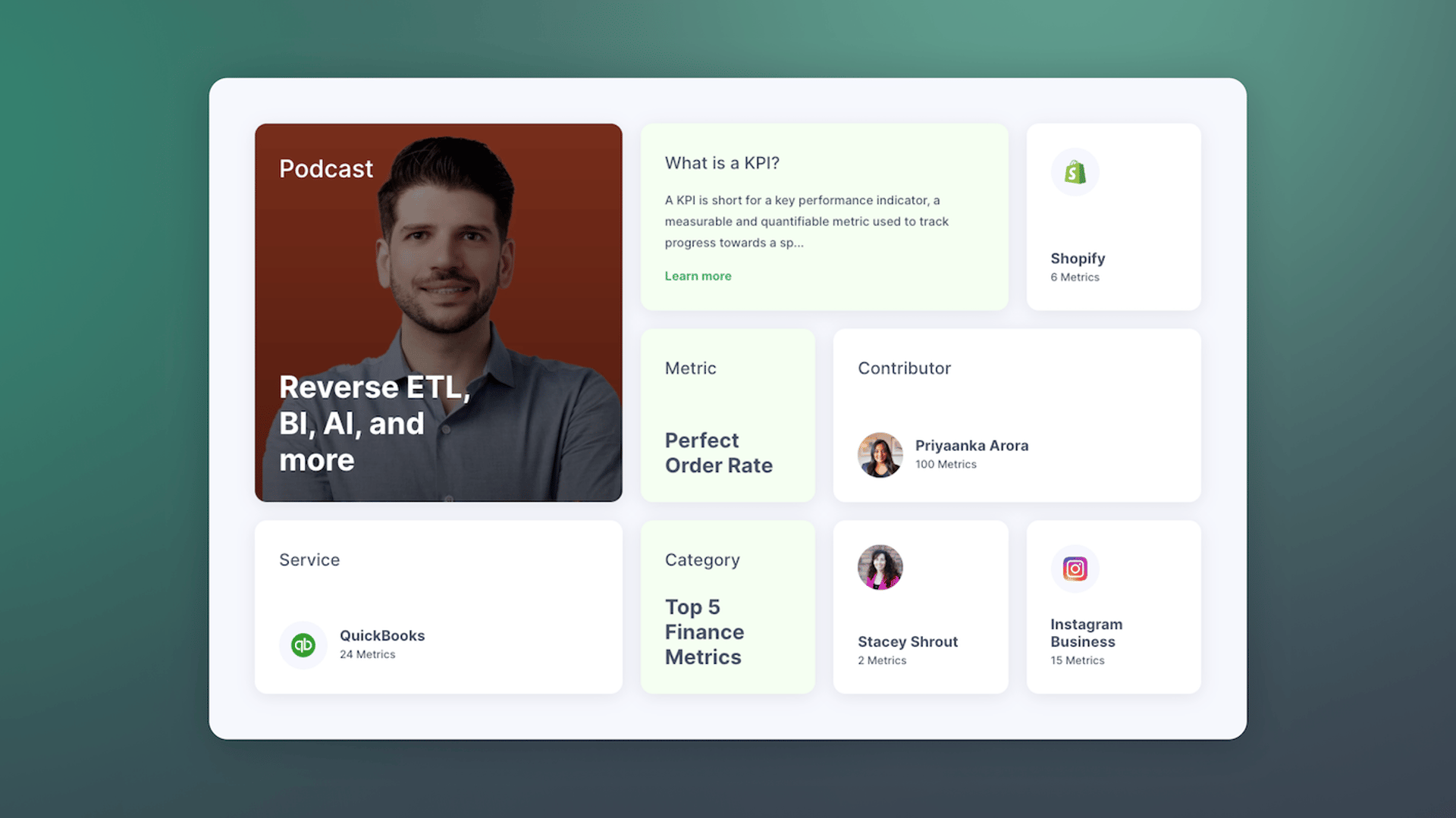What is Self-management? The secret to productivity, growth, health and sanity

Published 2023-10-27
Summary - Many jobs, mine included, can be overwhelming at times. It’s not easy to coach people, oversee projects, plan design and architecture, worry about product and production quality, learn new technologies, hire, handle paperwork, and maybe even do some coding.
Many jobs, mine included, can be overwhelming at times. It’s not easy to coach people, oversee projects, plan design and architecture, worry about product and production quality, learn new technologies, hire, handle paperwork, and maybe even do some coding.
I know from experience that unless a person learns to manage their life-and that includes personal life as well as work-he or she won’t be at the top of their game.
Over time, I have developed my own self-management techniques. They help keep me on an even keel so that I can be productive at work.
There is no one list of techniques that works for everyone. Self-management is a very personal thing. I created my own list-the list I’m sharing with you today-from books, interactions with colleagues and my own experience. The important thing is not what’s on the list; it’s that every person learns to self-manage, and comes up with a list of techniques that works for them.

1. Write a personal mission statement
If you like your job, it’s easy to spend too many hours working and not enough time sleeping, resting, exercising and recharging with friends and family.
I found that writing a personal mission statement really helped me focus on what’s important and choose my goals wisely so I could get to where I want to be.
My personal mission statement sets out my goals and lists my priorities. With those in mind, I can see how each activity fits with my goals. And I can prioritize actions-including sleep, exercise and family time.
2. Build habits
Building habits is another great self-management technique. Habits are important for anyone, but even more so for decision-makers. They reduce decision fatigue, leaving you able to focus on what’s important.
Once something becomes a habit, you just get it done-whether it’s morning exercise or handling all your emails at a specific time each day.
I have read and learned by experimenting that the trick to creating a habit is to start with something small and easily attainable. For instance, if you want to dedicate time for brainstorming and idea generation every morning, start with writing down only one idea every other day. You can always build the habit up.
3. Create rituals
Rituals are the framework on which habits hang. Put another way, if the habit is running five kilometres each day, the ritual is what you do before, during and after the run.
I am a morning person, and I have a morning ritual that helps me build consistency and predictability into my day. My morning ritual has become so much a part of my day that I get uneasy if I don’t do it. It includes meditation, exercise, writing in a journal and selecting one task for the day from my to-do list. The morning ritual puts me into the headspace I need to start the day off right and make it a success.
The journal in particular allows me to capture:
- What I am grateful for, which helps me start the day on a positive note;
- What I will do to make today great, which helps me set some daily goals; and
- Daily affirmation, which helps me repeat and solidify who I want to be.
4. Focus on one thing
Forget multi-tasking; the truth is that you reduce your productivity when you try to do too many things at once.
Managers in particular are pulled in a million different directions and don’t have a lot of time to step back and do much-needed deep thinking about strategic or creative issues. Therefore, it is important to choose one goal or task per day, focus on it and get it done. In the best of circumstances, you can focus on one task that makes the rest of the tasks on your list easier or irrelevant. It’s important to make the most of slow time.
One of the highly referenced approaches is using the time management grid developed by Stephen Covey, author of 7 Habits of Highly Effective People, and making sure you spend enough time on activities that are important (strategic) but not urgent.
5. Sharpen the axe
"Give me six hours to chop down a tree and I will spend the first four sharpening the axe," Abraham Lincoln once said.
Sharpening the axe really means preparing for the task. But there is more than one way to prepare. It is not just about professional development. It also includes rest and non-work activities.
I am experimenting with meditation this year. I like it because it clears my mind and sets me up for a great day. I also like yoga because it reverses the effects of sitting for long hours. In many ways, yoga is moving meditation, so I kill two birds with one stone. In the summer I add running to the mix for similar reasons.
Another habit that helps me sharpen the axe is reading books and listening to book summaries. Try to have targets for yourself (e.g. one book per month and one book summary per week) and focus on topics that contribute to your goals and mission statement.
6. Learn to say no
Time is your most valuable resource. Learn not to spread yourself too thin.
Learn also that you don’t always have to have the answer. Sometimes saying "I don’t know" or "I’ll find out" is much better. It actually builds credibility for you (as long as it’s not every single time) and gives you the opportunity to delegate and ask the experts.
Delegation is also very important. Your team members won’t grow if you don’t delegate, or even worse if you do their jobs and step on their toes.
7. Use tools to help you
There are many books and apps out there that can help you self-manage.
Books that have been helpful to me (and are the source for some of the above ideas) include:
- Tools of Titans by Timothy Ferriss;
- The ONE Thing by Gary W. Keller and Jay Papasan
- The Miracle Morning by Hal Elrod; and
- Mini Habits by Stephen Guise.
Helpful apps include:
- Any.do to track my to-do list;
- Productive to build habits;
- Five Minute Journal for goal-setting and reflection;
- My Fitness Pal for general fitness;
- Headspace for meditation; and
- Blinkist for summaries of great leadership books.
(I have no affiliation with any of these books or apps or the companies producing them.)
Conclusion
The point of self-management is to avoid being overwhelmed-whether you are a manager, an employee, or someone transitioning to management.
A person whose life is in balance will have a clear head and be better able to cope with stress.
That will not only make for a better life in general, but will improve the quality of a person’s work and the way they interact with their team.
The above tips have helped me do more, acknowledge what I get done, be grateful, correct my course as needed, and be a better person at home and at work.
Ali Pourshahid, PhD, is Director, Software Development, at Klipfolio. He can be reached at @ali_pourshahid
Blogs on related topics:
Related Articles

Promoting Data Literacy with MetricHQ.org and the Power of AI
By Allan Wille, Co-Founder — March 20th, 2025
2025 BI and Analytics Trends for Small and Mid-Sized Businesses
By Allan Wille, Co-Founder — December 18th, 2024
Most Click-Through Data Is Wrong, and Here’s Why
By Dave Moll — June 26th, 2024

